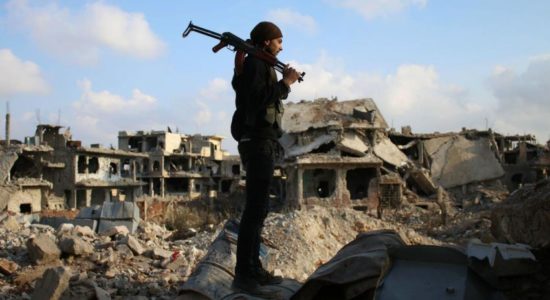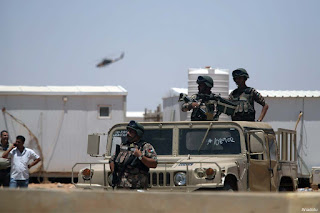Keeping an eye on Southern Syria
Recent developments in southern Syria demonstrate the growing threat from terrorist and criminal groups in the area and the need to pay closer attention to the evolving situation. This is a growing risk of instability right on Jordan’s borders, and inc…








